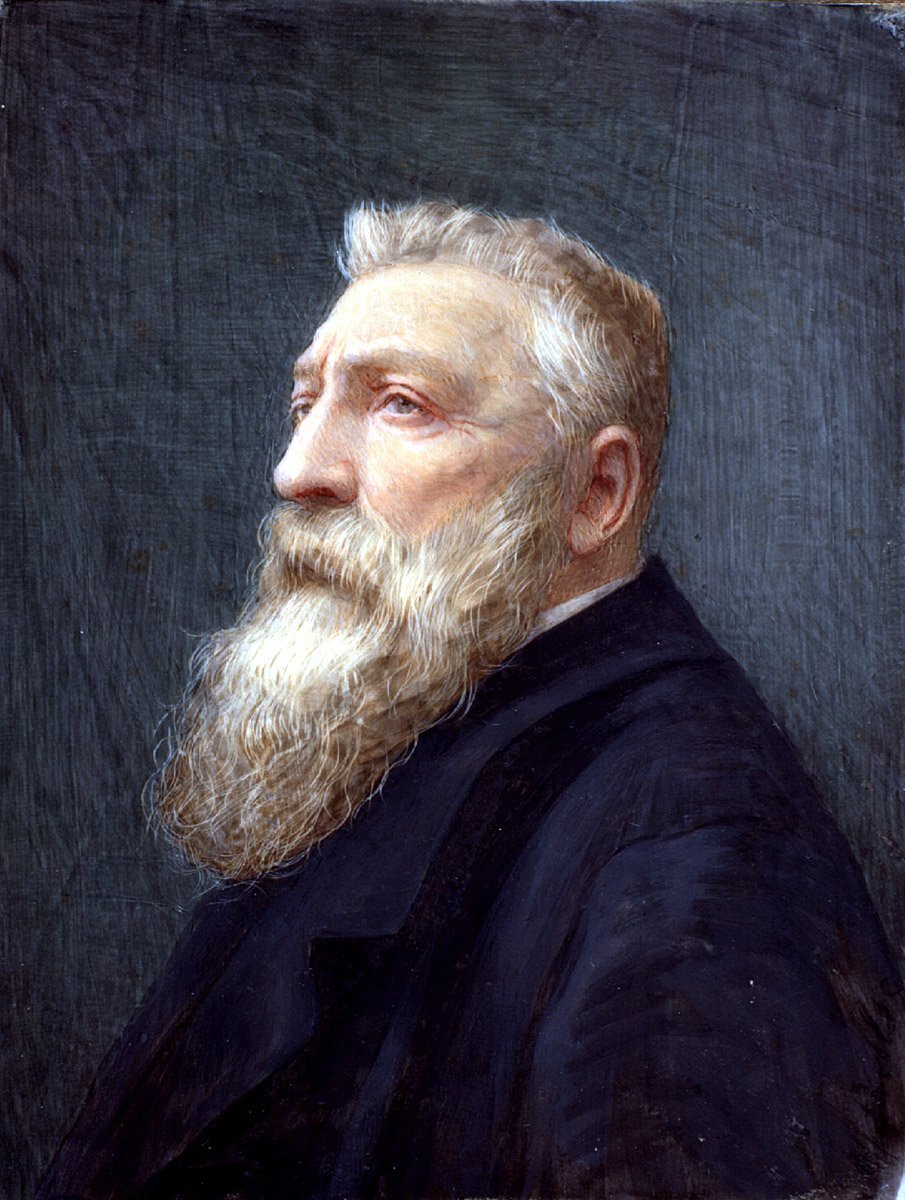
Last week, on a visit to the Lázaro Galdiano Museum in Madrid, a graphic designer named Luis Pastor discovered an obvious error that had been overlooked by generations of curators and museum administrators.
Pastor was visiting his parents in Madrid when he decided to visit the museum dedicated to the collection of Spanish art patron José Lázaro Galdiano, according to the Guardian. In the museum’s dark hall of miniatures, he came across a small painting of a bearded man. The wall label identified its subject as King Leopold II, a Belgian monarch who, in the early 20th century, conquered the area we now know as the Democratic Republic of the Congo, enslaving, torturing, and killing millions.
But Pastor didn’t see the king. He saw another historical figure: French sculptor Auguste Rodin.
“I got to the last picture and thought I’d misread the caption, because I recognized who it was straight away,” Pastor told the Guardian. “I love Rodin and have been to the Rodin museum in Paris a lot. I was obsessed with him as a student. I started Googling pictures of Leopold and thought ‘They do look like each other, but that’s not Leopold.’”
After leaving the museum and doing some research, Pastor took to Twitter with his insights, not expecting anything to come of it. But to his surprise, the museum responded, saying they would look into the matter.
Yesterday, the Galdiano Museum confirmed Pastor’s claim.
French sculptor Francois Auguste Rene Rodin (1840 – 1917) in his museum at Meudon. Photo: Hulton Archive/Getty Images.
“We now have a definitive verdict,” the institution tweeted. “After numerous comparative analyses of portraits of both men, the miniature, catalogue number 3711, turns out to be a portrait of the sculptor Auguste Rodin. Many thanks to Luis Pastor for bringing it up!”
“That painting’s probably been there for 50 years and no one had figured it out,” Pastor told the Guardian. “It’s a bit silly because it’s a tiny picture in a tiny display case in a really small museum. But it’s a picture of one of the most important sculptors of the 19th and 20th centuries.”
“I also feel a tinge of personal pride at showing it’s not Leopold, who was responsible for a genocide,” he added. “That’s not bad is it? A win-win situation.”